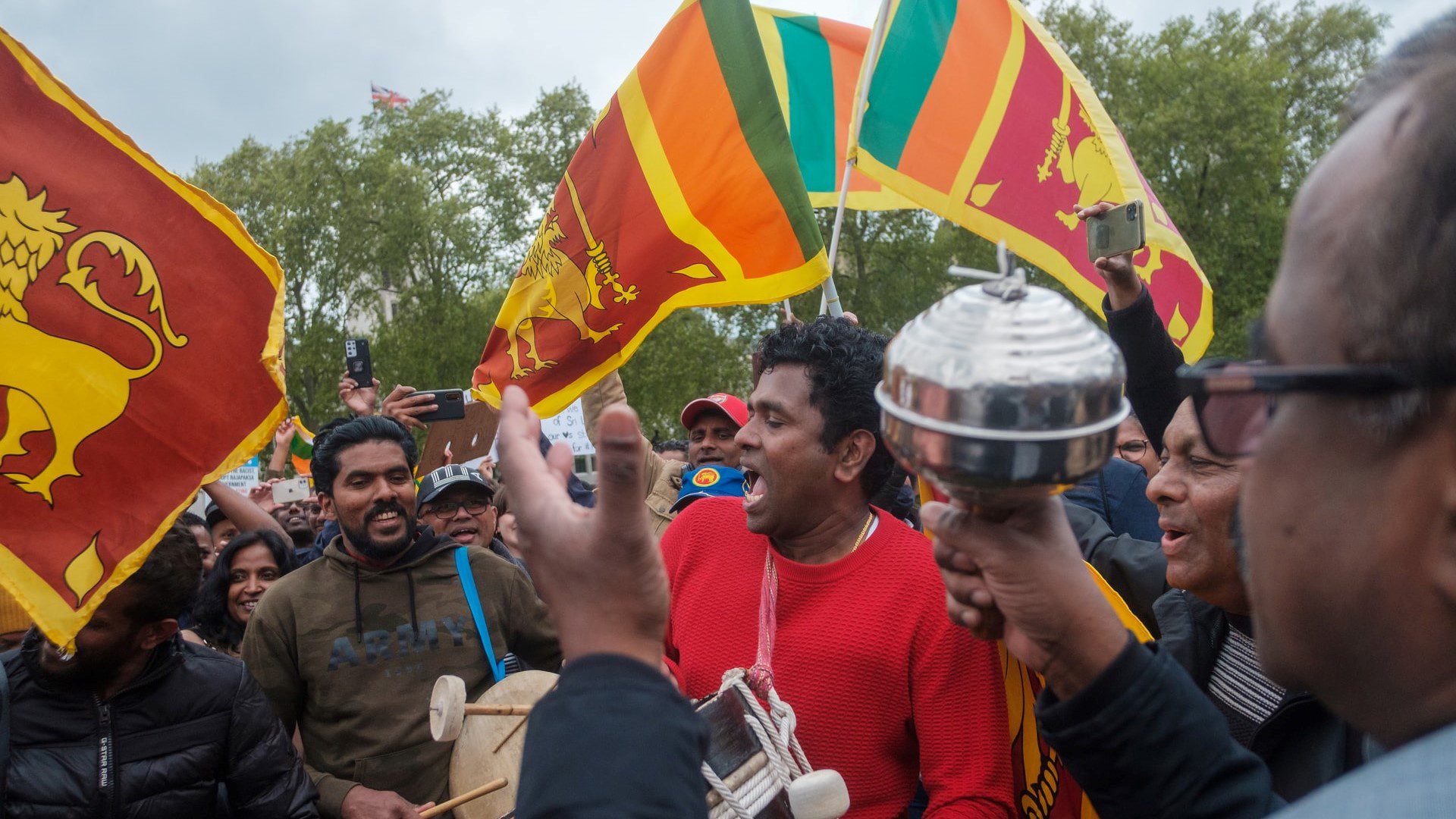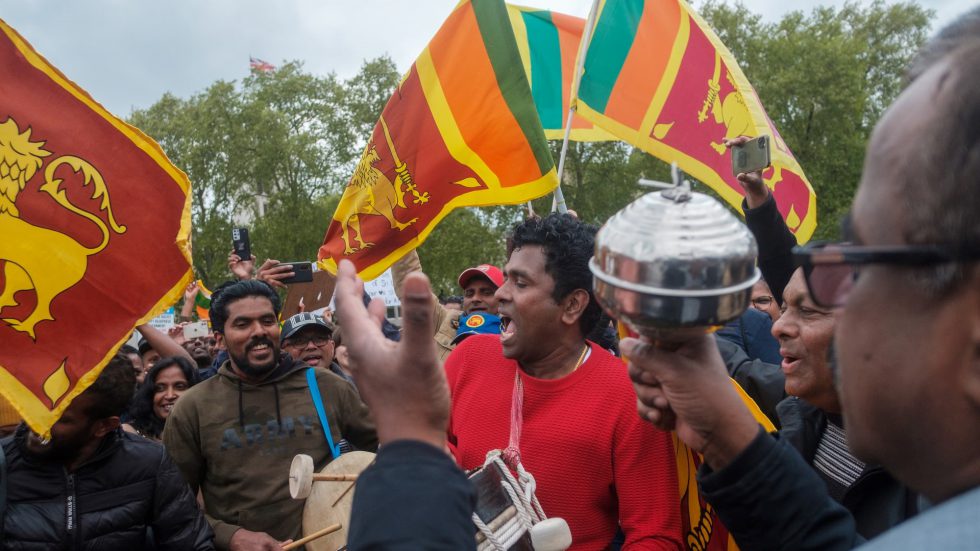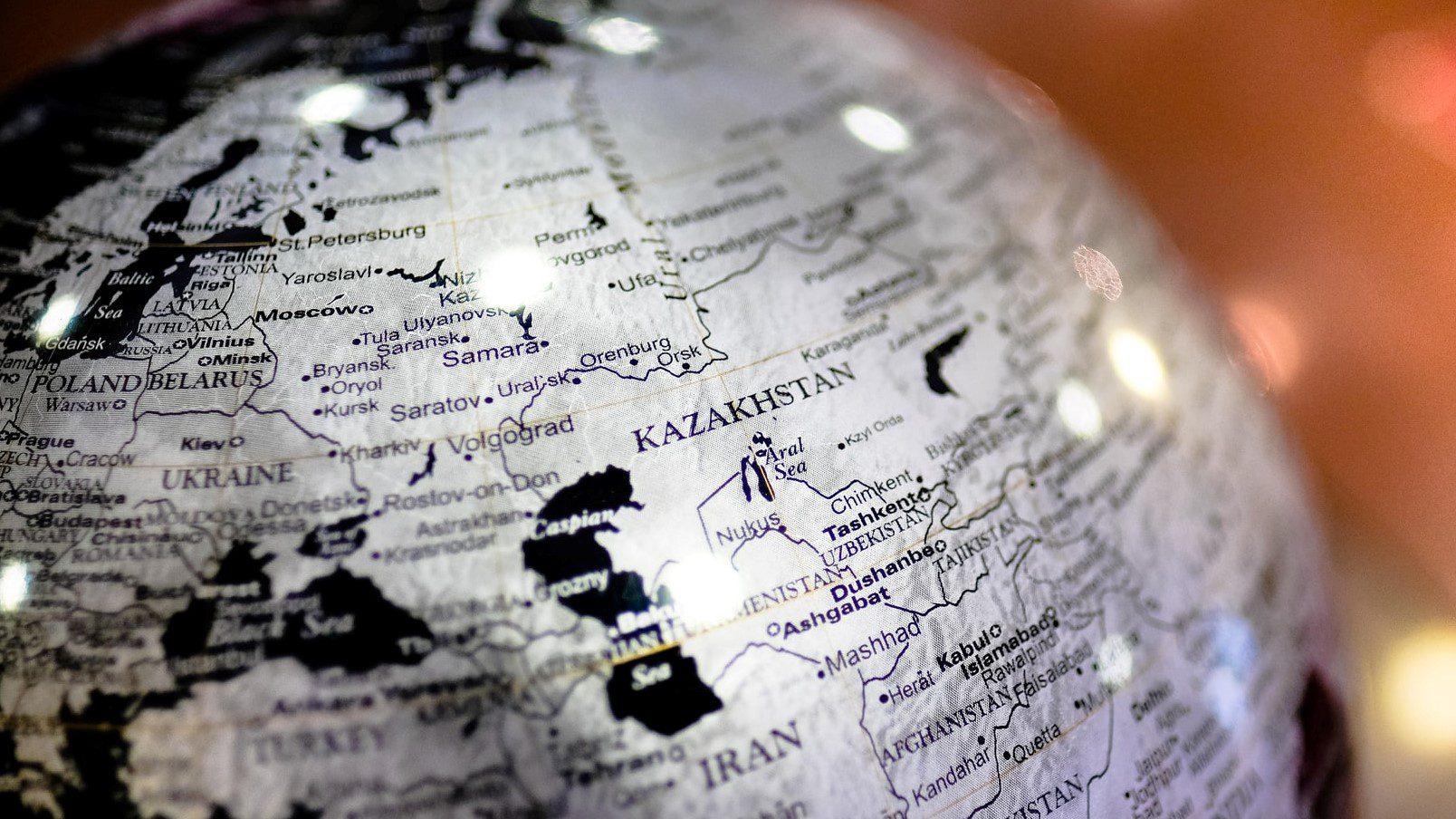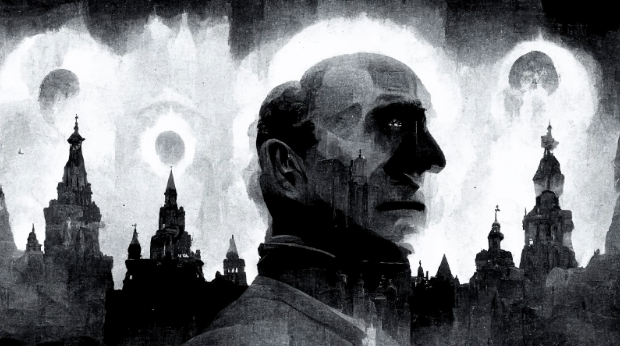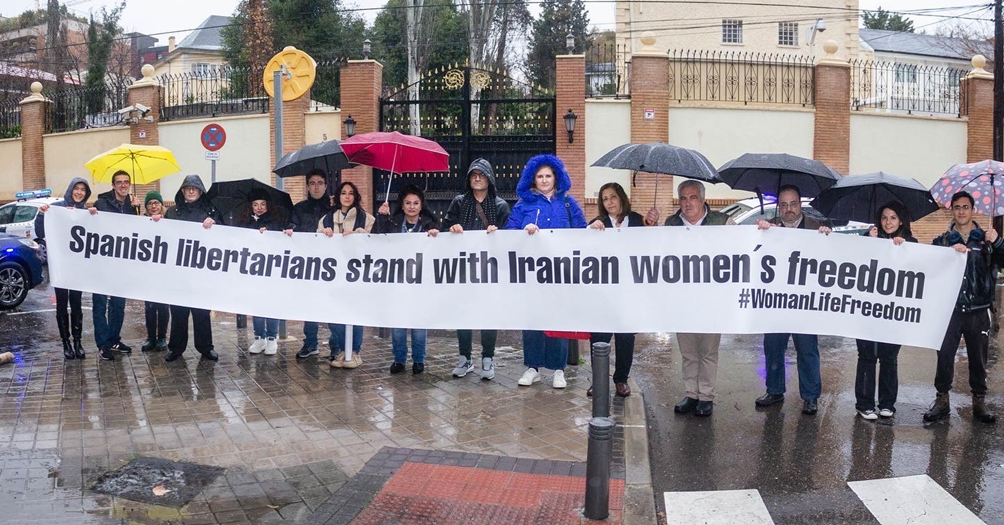On September 17, 1787 the United States Constitution was signed by the Constitutional Convention.
What the U.S. Constitution means for America
Despite being one of the youngest nations, America is proud to have one of the oldest written constitutions in the world. The constitution leaves in its wake a long legacy, forever shaping the fate of many other countries. Whether those countries are currently in a state favorable to liberty or not, it is undeniable that the U.S. Constitution’s principles have caused people to rethink how to organize their political systems.
Most immediately influenced by the U.S. Constitution, no doubt, is the home of America’s former colonial master – Western Europe. “We the People of the United States,” says the Constitution, “in order to […] secure the Blessings of Liberty to ourselves and our Posterity, do ordain and establish this Constitution.”
Edmund Burke: a proponent of liberty
We the People. This core idea that a government should exist and function by the consent of the people instead of a government telling them what to do, influenced some Englishmen, including the thought-to-be hardline conservative Edmund Burke.
In Tract on the Popery Laws, Burke proclaimed, “In all forms of government the people are the true legislator. The remote and efficient cause is the consent of the people, either actual or implied, and such consent is absolutely essential to its validity.”
Importantly, “a conservation and secure enjoyment of our natural rights is the great and ultimate purpose of civil society,” concluded Burke, echoing the American Founding Fathers’ belief that the government’s proper and only role is to protect liberty.
U.S. Constitution vs. Constitution of France
The U.S. Constitution is also thought to have contributed to the 1789 French Revolution. Indeed, America’s model of constitutionalism inspired the establishment of a constitutional government in France in 1791 – the National Assembly.
France followed in America’s footsteps, yet instead of a pleasant transformation, it descended into a civil crisis, subordinating individual freedom to the power of the state. What went wrong? One reason, or diversion from the U.S. model as historian John Emerich Edward Dalberg claims, is that the French failed to establish some of the restrictions on government power, such as the duty of the Supreme Court to annul unconstitutional laws.
The result is an uncontrollable expansion of the legislative and executive power, most evident during the Reign of Terror. And unlike America, France was unable to make its constitution the “Supreme Law of the Land,” consented and respected by all.
Explanations are, of course, endless, but ultimately, the French Revolution ended with a democracy-gone-wrong nightmare of mob rule and the state’s irreversible growth.
How the U.S. Constitution influenced Southeast Asia
Other than Europe, the U.S. Constitution deeply touched the Far East, especially Southeast Asia, though its effects have not been very well documented.
All Southeast Asian countries, except for Thailand, share a similar history with America as former colonies. Upon decolonization, many of these countries transitioned into democracies and established their own constitutions modeled after the U.S. Constitution, regardless of whether this was a conscious or unconscious move.
Malaysia, for example, adopted many important concepts from the U.S. constitution such as: the separation of powers into three branches of government, the principle of federalism, and the supremacy of the constitution.
In particular, the constitution is often referred to in Malaysia’s Supreme Court, legal cases, and textbooks. Other countries, however, gave up on the idea of a constitution. These countries often blame their democracy failures on the U.S. Constitution and the western parliamentary model’s unsuitability within the Southeast Asian context.
Libertarian truths revealed in the U.S. constitution
Indeed, America’s Constitution is not something that should be regurgitated. Looking beyond the structure and form, the core principles that it embraces and expounds are none other than truths: the necessary respect for the rule of law as a condition for a free society and the limited role of government.
All around the world, people are trying to understand and realize those truths, despite different perceptions of the constitution. Ordinary citizens are growing more suspicious of government and demanding recognition of rights and liberty, and not just “liberties” given per government ‘charity’; or governments struggling to control private passions.
How the U.S. constitution advances liberty
There are also individuals, like myself, who undergo a foreign education and get to learn about the Constitution.
Better yet, through libertarianism, I have been able to understand and appreciate just how important and beautiful the U.S. Constitution is.
As a result, a continuing constitutional education is vital in empowering people to better evaluate their own country’s politics. It is the United States’ citizens ability to continue respecting and upholding the constitution that encourages worldwide advancement of liberty for all.
To read more about human rights, be sure to check out our cluster page by clicking on the link below.
Written by Hang La
This piece solely expresses the opinion of the author and not necessarily the organization as a whole. Students For Liberty is committed to facilitating a broad dialogue for liberty, representing a variety of opinions.
